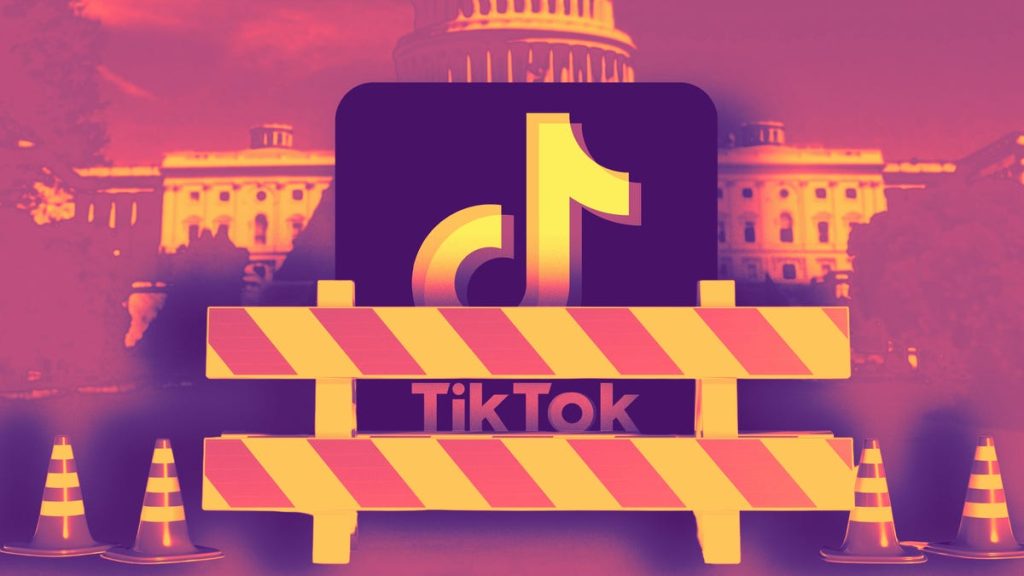The US Supreme Court has agreed to hear oral arguments in the case challenging a law that could potentially lead to a ban on popular social media platform TikTok in the US. The law requires TikTok to be sold to a party approved by US officials by January 19, or face a ban. TikTok argues that the law infringes on the rights of its millions of American users and believes the ban would be unconstitutional, jeopardizing free speech rights. The appeals court had previously rejected TikTok’s arguments, citing national security concerns over China’s influence.
Lawmakers from both parties have expressed concerns about TikTok’s ties to the Chinese government and the potential threat to national security. TikTok denies these accusations and has rallied its US users to oppose a ban, but the law passed by Congress and signed by President Biden requires ByteDance, TikTok’s parent company, to sell the platform to a buyer approved by US officials. The current deadline for compliance is January 19, with a possible 90-day extension. President-elect Trump, who initially pushed for a ban, has since indicated that he is no longer in favor of one.
The law aims to ensure that ByteDance no longer has access to US user data or control over the TikTok algorithm that determines which videos American users see. The government could require the removal of the app from US app stores if ByteDance fails to comply by the deadline. President Biden, who supported the bill establishing these requirements, remains in office until January 20. It remains to be seen how the Supreme Court will rule on the case, and whether the incoming Trump administration will intervene to resolve the dispute through political means.
Individuals and organizations, including free speech and digital rights groups, have opposed the TikTok ban, arguing that targeting TikTok specifically does not address broader issues with social media and data privacy. They advocate for comprehensive digital privacy laws to protect Americans from data collection and selling by social media companies. The ban and the appeals court’s approval of it raise concerns about anti-democratic tactics and the potential impact on freedom of speech and communication. The debate over TikTok’s fate continues as the Supreme Court prepares to hear arguments and make a decision on the case.















